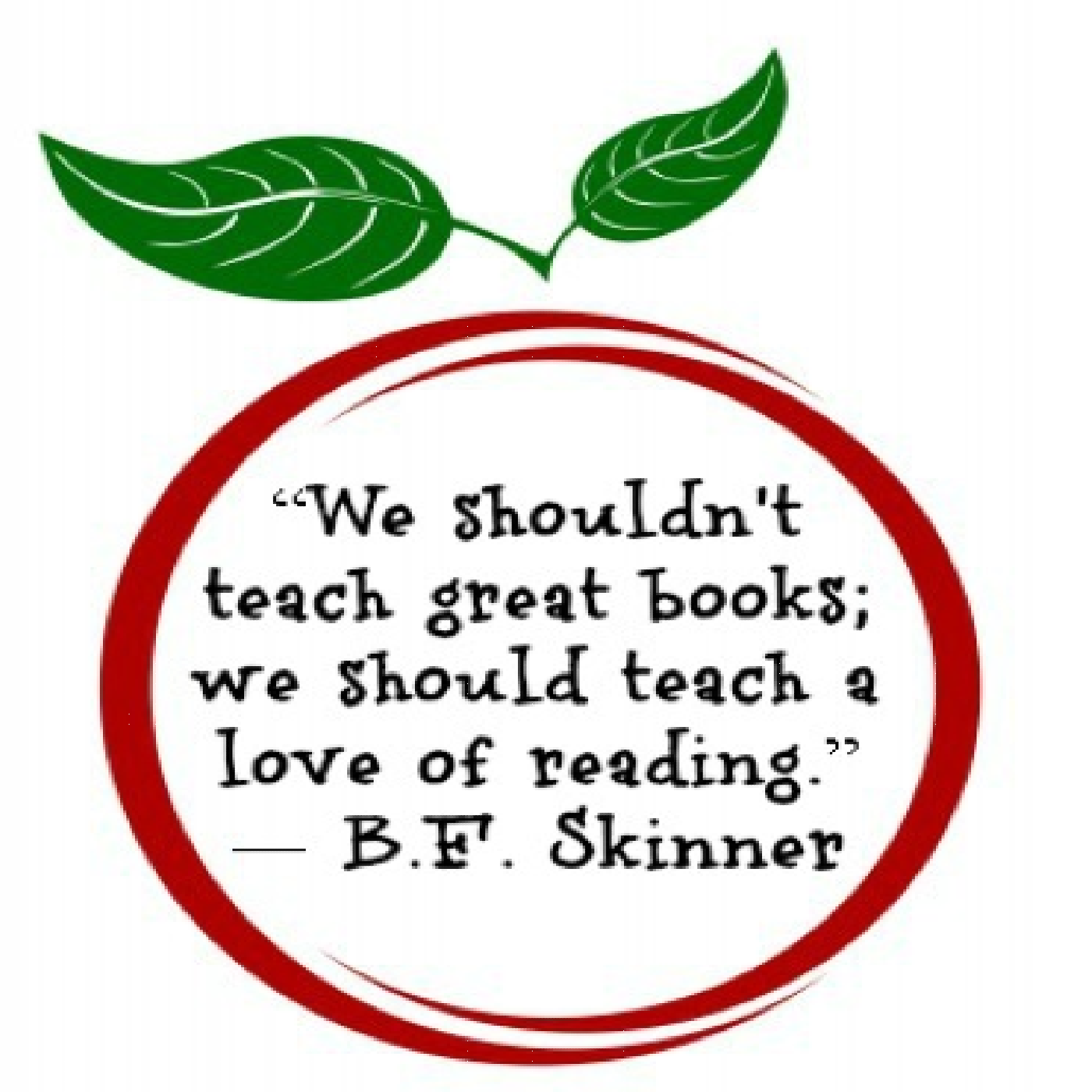
26K
Downloads
304
Episodes
The Chills at Will Podcast is a celebration of the visceral beauty of literature. This beauty will be examined through close reads of phrases and lines and passages from fiction and nonfiction that thrills the reader, so much so that he wants to read again and again to replicate that thrill. Each episode will focus on a different theme, such as "The Power of Flashback," "Understatement," "Cats in the Cradle," and "Chills at Will: Origin Story."
Episodes

Tuesday Dec 13, 2022
Tuesday Dec 13, 2022
Episode 156 Notes and Links to Namrata Poddar’s Work
On Episode 156 of The Chills at Will Podcast, Pete welcomes Namrata Poddar, and the two discuss, among other things, Namrata’s multilingual upbringing in Mumbai and abroad, her early reading, her early reading and writers who inspired her with their decolonial and other writing, her “living with her characters” for many years for her wonderful debut novel, how she would label/distinguish the novel, and salient themes of misogyny, home and its shifting definition, class division, and diaspora.
Namrata writes fiction and nonfiction, serves as Interviews Editor for Kweli, and teaches literature and writing at UCLA. Her work has appeared in several publications including Poets & Writers, Literary Hub, Longreads, The Kenyon Review, and The Best Asian Short Stories. Her debut novel, Border Less, was a finalist for Feminist Press’s Louise Meriwether Prize.
At about 7:10, Namrata discusses the title’s significance and her positioning “borderless” as two words
At about 7:40, Pete shouts out an original usage of language in Namrata’s book
At about 8:10, Namrata responds to Pete’s questions about her relationship with languages and the written word in her childhood
At about 13:40, Pete asks Namrata about how her ancestral lands of Rajahstan and the Tar Desert
At about 15:30, Pete uses the famous Toni Morrison quote in asking Namrata about representation and its connection to her own book; Namrata expands upon her early assigned reading and the “divorce” between colonized readings and the English she heard in her daily life
At about 18:10, Namrata lists writers who inspired her in her younger days; she cites both writers with colonial and non-colonial foci, including her “first brush…with the world of literature” in America’s Children by Rushdie
At about 25:35, The two discuss Frantz Fanon and him as part of the tradition/”legacy” that has inspired Namrata
At about 27:25, Namrata lists and describes some of the many countless writers who thrill and inspire her, including Natalie Diaz and Melissa Febos, and Imani Perry
At about 30:10, The two discuss Sandra Cisneros’ skill and standout stories
At about 31:15, Namrata reflects on the title’s myriad meanings for her book Border Less
At about 34:20, Pete notes the clever book structure and asks Namrata to talk about how she labels her book and why; she notes ideas of “fragments” coming from many non-Western traditions, and how her epigraph from Edouard Glisaant relates
At about 40:25, Pete wonders about the story 9/12 and talks about the alchemy of what makes it a great story/chapter; he asks Namrata what she thinks the story “accomplishes” and she connects the chapter to other parts of the book
At about 43:30, The two discuss the dynamics of the dynamic first story, and Pete
At about 44:50, The two discuss the “Ladies Special” chapter and Pete notes Mumbai serving as a character on its own, and Namrata discusses the myriad significance of som many parts of the story
At about 50:10, Pete notes some salient themes, including financial issues and class divisions, from the book, and Pete highlights
At about 55:00, The two discuss ideas of stability and independence, and Pete shares a simple but powerful quote from the book
At about 56:00, Namrata expands on the hyphens that mark those in the Indian Diaspora and differing views of, and experiences with, a return to India
At about 59:45, Pete discusses ideas of connectedness and ancestral ties
At about 1:00:30, Namrata outlines the paradox that is set up with families that are scattered “yet find family in each other,” as well as the evolving definition of “family”
At about 1:03:10, The two discuss the significance of the haveli that has been in Día’s family for generations
At about 1:04:00, Namrata responds to Pete’s questions about continuity in the book and writing
a book that is a family saga that spreads out over many decades and multiple generations
At about 1:07:40, Namrata and Pete discuss Ricki, Día, and other strong female characters who buck the traditional gender roles and Ricki’s father’s nostalgic writing
At about 1:10, Namrata gives her rationale for ending the book with a chapter that she uses
You can now subscribe to the podcast on Apple Podcasts, and leave me a five-star review. You can also ask for the podcast by name using Alexa, and find the pod on Stitcher, Spotify, and on Amazon Music. Follow me on IG, where I’m @chillsatwillpodcast, or on Twitter, where I’m @chillsatwillpo1. You can watch other episodes on YouTube-watch and subscribe to The Chills at Will Podcast Channel. Please subscribe to both my YouTube Channel and my podcast while you’re checking out this episode.
Sign up now for The Chills at Will Podcast Patreon: it can be found at patreon.com/chillsatwillpodcastpeterriehl
Check out the page that describes the benefits of a Patreon membership, including cool swag and bonus episodes. Thanks in advance for supporting my one-man show, my DIY podcast and my extensive reading, research, editing, and promoting to keep this independent podcast pumping out high-quality content!
This is a passion project of mine, a DIY operation, and I’d love for your help in promoting what I’m convinced is a unique and spirited look at an often-ignored art form.
The intro song for The Chills at Will Podcast is “Wind Down” (Instrumental Version), and the other song played on this episode was “Hoops” (Instrumental)” by Matt Weidauer, and both songs are used through ArchesAudio.com.
Please tune in for Episode 157 with Ilana Masad. Ilana is a queer Israeli-American writer of fiction, nonfiction, and criticism; her work has appeared in The New Yorker, New York Times, LA Times, and many more; she is the author of the critically-acclaimed and awarded novel All My Mother’s Lovers.
The episode will air on December 20.

No comments yet. Be the first to say something!